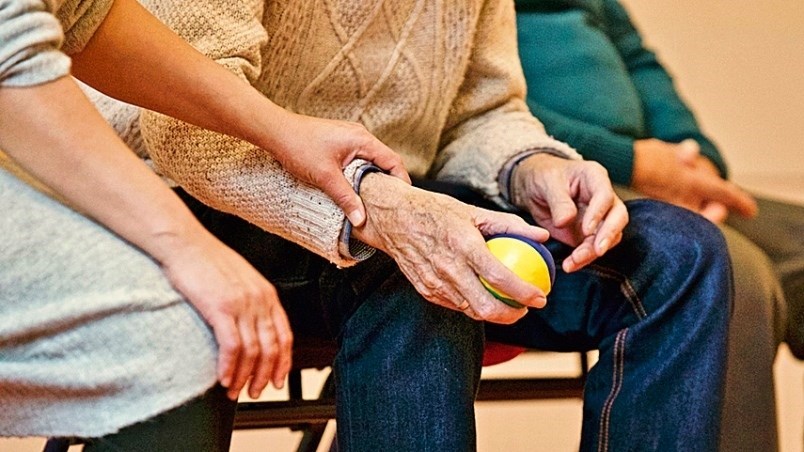This January has been Alzheimer’s Awareness Month – a time to reflect about the future for those living with dementia, their caregivers and family, especially considering the impact of the COVID-19 pandemic.
As the Alzheimer’s Society BC states on its website, “People living with dementia and their caregivers are facing more social isolation than ever. In an increasingly uncertain world, we're doubling down our efforts to change the future for British Columbians affected by dementia.”
It is estimated that 70,000 people in British Columbia are living with some form of dementia and this number is expected to double by 2031. There is often a stigma attached to dementia. But, as the Alzheimer Society states, “everyone has a responsibility to help make their community a dementia-friendly place.” Fortunately, the North Shore municipalities have created Dementia Friendly communities to mitigate some of the stigma and myths about dementia in our community by raising awareness about the nature of the disease and its effects. The Alzheimer Society defines a Dementia Friendly community as “characterized by a heightened awareness of dementia and relies on individuals who take a little bit of time to learn how to recognize that someone has dementia and how they can respond in a respectful, effective way.”
But what are the impacts of COVID-19 on those with dementia, their carers and family? A study by the Alzheimer’s Society in England found that those with dementia may experience increased negative physical symptoms such as memory loss, difficulty concentrating, agitation/restlessness and stress or depression. The study also found that those living with dementia felt lonelier as they were cut off from social programs including support groups, and family. Carers said they were more stressed, sad, and exhausted because of COVID-19.
So how do you stay connected to a loved one in a care facility? The Alzheimer Society of BC recommends these strategies for families who cannot visit someone in long-term care, such as scheduling weekly video chats or regular phone check-in phone calls, having a virtual dinner with takeout, writing a letter, and sending a CD with music. As the society states, “no one should be alone on the dementia journey.” For more information, call the First Link Dementia helpline at 604-984-8348. A trained, caring team or staff and volunteers can provide information and support.
There are other supports on the North Shore for people who have a diagnosis and for those looking after them. A major resource is the Alzheimer Society of BC Resource Centre, which can be found in Lynn Valley, or you can call them at 604-984-8348. Some programs are operating in the community by seniors organizations, though that’s been limited due to COVID-19.
Perhaps check out your well-used copy of the 2020 Seniors Directory, published by North Shore News and North Shore Resources Society – call them at 604 985-7138 to get some information. The 2021 Seniors Directory is coming soon – as you have probably noticed the directory is my go-to source of information on the North Shore.
The Alzheimer’s Society BC states, “as we start a new year, it’s a great time to think about what we want the future to look like for people living with dementia, for caregivers – and ultimately for everyone!”
Margaret Coates is the co-ordinator of Lionsview Seniors’ Planning Society. She has lived on the North Shore for 50 years and has worked for and with seniors for 25 of those years. Ideas for future columns are welcome Email: [email protected]



